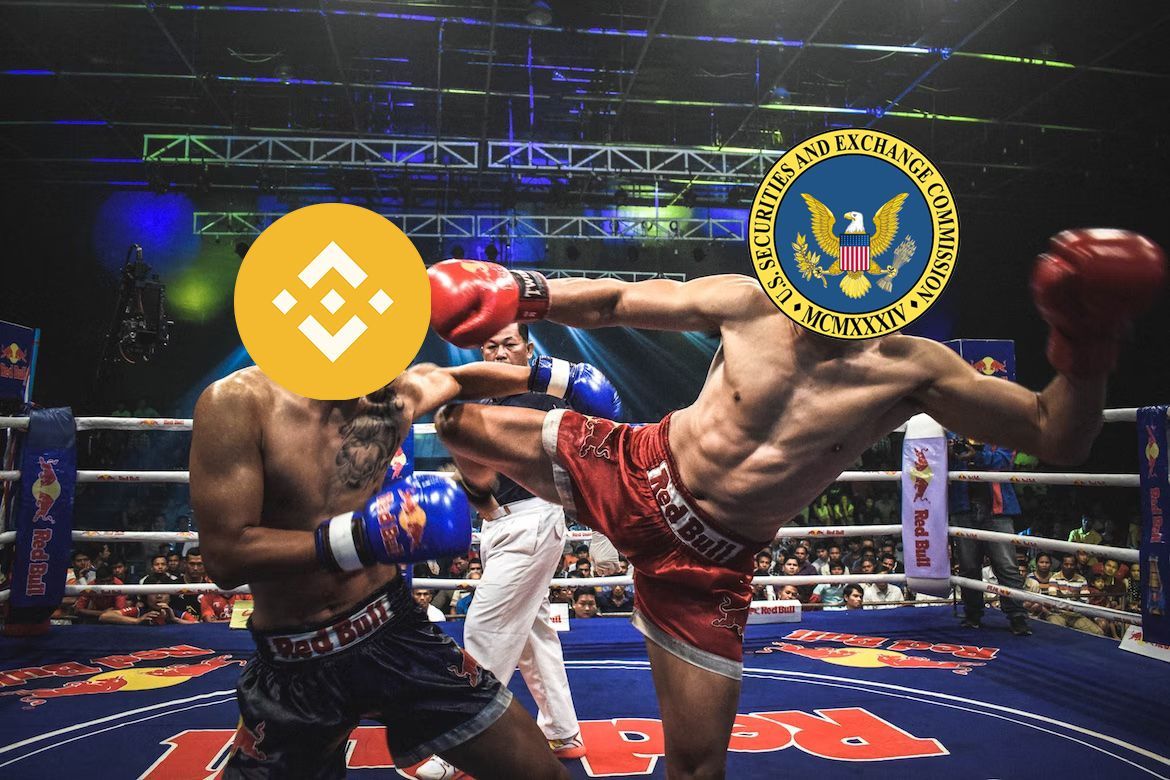Table of Contents
In a move that has sent ripples across the cryptocurrency landscape, the US Securities and Exchange Commission (SEC) has launched a significant enforcement action against Kraken, one of the world's largest cryptocurrency exchanges, alleging that Kraken operates as an unregistered securities exchange, broker, and clearing house.
The Charges Laid Out by the SEC
According to an SEC press release, the charges against Kraken stem from allegations that the exchange has been offering and selling unregistered securities through its staking-as-a-service program. The SEC contends that Kraken's program, which allows customers to earn rewards by staking their crypto assets, constitutes an offer and sale of securities, thus falling under the regulatory purview of the commission.
The SEC's stance is clear: any entity offering investment contracts to the public must comply with the federal securities laws, which include registering their offerings or qualifying for an exemption. The commission's action against Kraken underscores its commitment to enforcing these laws, particularly in the rapidly evolving digital asset space.
Kraken's Response and Position
In response to the SEC's charges, Kraken has issued a statement on its official blog, emphasizing its ongoing commitment to its mission and the broader goal of crypto innovation in the United States.
"The allegation is hollow; there is no such thing as an exchange, broker dealer, or clearing agency for investment contracts. The SEC is demanding compliance with a regime that doesn’t exist," Kraken said.
While the company has not directly addressed the specific allegations, it highlights its efforts to work within the regulatory framework and its dedication to serving its customers responsibly.
Kraken's stance reflects a broader sentiment within the crypto community, where many view regulatory actions as potentially stifling innovation. The exchange's response underscores the delicate balance that crypto firms must navigate between innovation and compliance.
Industry Implications
The SEC's action against Kraken is not occurring in a vacuum. It is part of a larger narrative of regulatory scrutiny facing the crypto industry, and this case could set a precedent for how staking services are treated under US securities laws.

The implications for the industry are significant. If the SEC's stance is upheld, it could lead to a reevaluation of similar services offered by other crypto platforms. This could either lead to a wave of new registrations and compliance measures or, conversely, a scaling back of such services to avoid regulatory entanglements.
This isn't an isolated incident and the case one again highlights why it is crucial for both regulators and industry players to find a common ground that fosters innovation while ensuring investor protection. The outcome of this case could very well shape the future regulatory framework for crypto assets in the United States and beyond.












